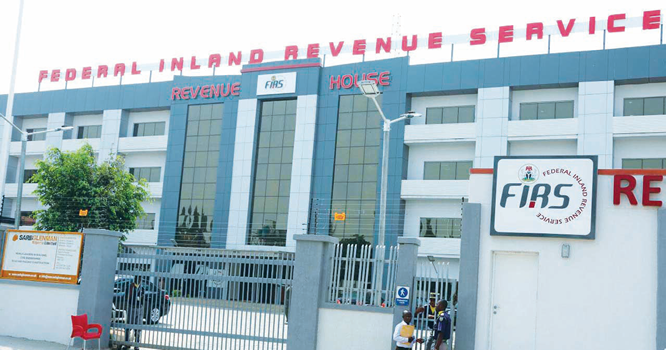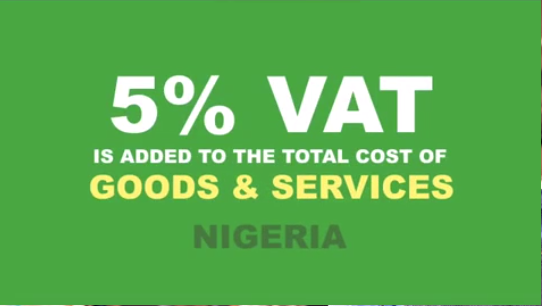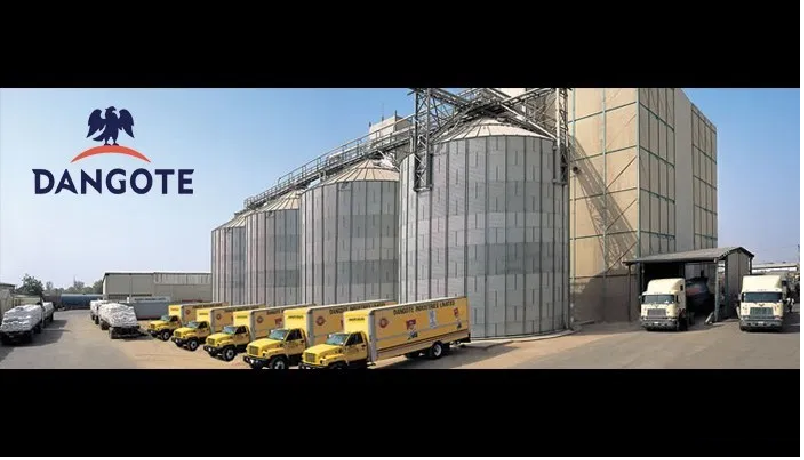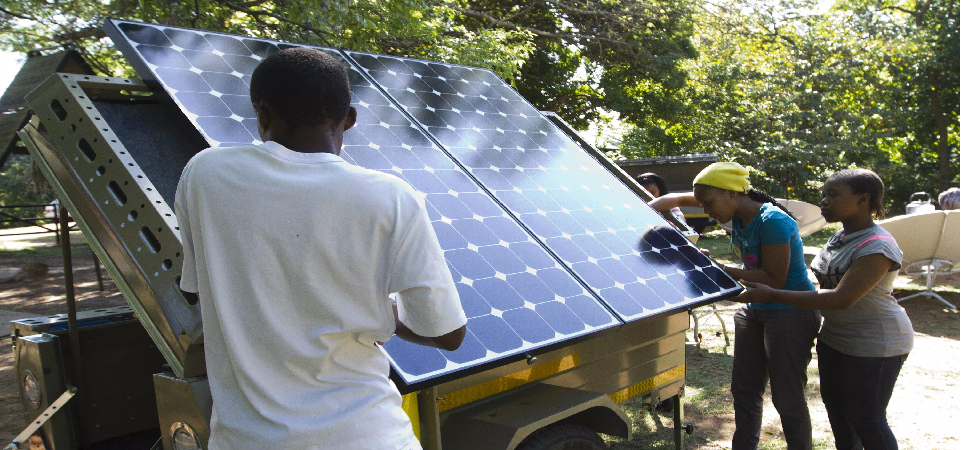If your website content is old, your social media platforms are not regularly updated or your selling efforts suffer from a lack of marketing materials like brochures because your budget is too thin to hire a copywriter, then you may need to start writing your own copy.
Copywriting – typically defined as writing that’s done to inform, educate or persuade an audience through any sales, marketing or public relations piece – is essential to the success of small business marketing. Brand names, product names, tag lines, press releases, social media posts, trade articles, websites, videos, advertisements, testimonials and so many of the materials used in your marketing efforts need to be written by someone. It could be you.
Do I really need copywriting?
Copywriting basically refers to persuasive communication. And since all businesses communicates regularly with clients, prospects, investors and even its employees, it’s logical to assume that they will need copywriting at one time or another to persuade a defined audience.
If you have a website, the words on it are copy. If you have a listing on a yellow page, the short company description accompanying it is called a copy. And your company blog posts need to be written too.
Here are the different ways that your business can benefit from copywriting:
More clarity: Many small businesses suffer from writing that’s confusing or writing that trades clarity for big words. If your audience do not understand what you’re saying, there’s no way that they will do what you want them to. Writing like a good copywriter will help you prioritize clarity in your message.
More sales: You need good copy to help generate more sales for your small business, both offline and online. Without persuasive and clear writing, the following marketing pieces will have a lame effect on your audience; Brochures, Ads (Online, TV, Radio or Magazines), Press releases and media kits, Emails, Flyers, Product catalogs, Websites dedicated to selling products and services, Marketing materials used by salespeople like PowerPoint presentations, model letters, case studies and sales proposals, Telemarketing scripts and Social media.
More press: While getting noticed in the media is very hard, the results can be very beneficial, especially for one-man shops. But because you won’t be the only brand vying for the attention of journalists and editors – multinational corporations and other small businesses are doing so too – you need your publicity materials to be well written to increase the odds of getting your brand featured on big media platforms.
Quick tips to writing copy for your small business.
How do you blog, post on all your social media platforms, research a guest post topic and write a new product brochure while handling excel sheets, doing cold calls and attending to clients all in a 24 hour day?
You can’t. And you shouldn’t.
If you want to run your business and write copy, then you must manage your time and resources properly. Here are some tips for doing just this:
Start lean.
Focus on one or a few copywriting projects at a time. Writing a blog post per week or one social media post per day is a good way to start.
Also, you should avoid writing while you’re busy. If you must communicate clearly, then your head needs to be clear too.
Be consistent and disciplined.
Since you’re writing for yourself, the urge to abandon copywriting projects in the middle will constantly arise. This is why you must prioritize early and start lean. Decide if you must write all the copy by yourself or delegate a part of the responsibility to someone else. If you must write it yourself, then you must be lean, disciplined and consistent.
And note: consistency is better than high output. For example, it’s better to publish one blog post every day than to publish thirty posts today and the next thirty, a year later.
Get help.
If you neither have the time nor the skills to write all your copy consistently, then you can always get help. If hiring a competent professional copywriter is too expensive, then you should be willing to take lesser quality by contracting upcoming freelance writers who are just starting out but want to build a great portfolio. You can find them on LinkedIn. These writers will usually outperform low paid interns because their portfolio is at stake.
Get better.
If you’re writing all your own copy, then consider improving your writing skills both in the short and long term. Having good writing skills will help you write faster and express your ideas in a clearer way. You can improve by writing regularly and taking copywriting courses in online schools like Udemy, Edx.com, Lynda, Coursera.org, etc.
Think And Write Like A Copywriting Pro.
You need to think like a mareter and write like a journalist to create effective copy on a regular basis. But if your knowledge of marketing or writing is subpar, then you should consider the three tips below as a great starting point:
- Choose an Objective.
- Organize the Audience Information.
- Present your claims.
Choose an Objective
Every copywriting project starts with an objective; a goal that will solve a business problem and that of your audience when it’s achieved. For example: The goal of my new landing page is to increase sales for my graphics design company (solving my business problem) while helping my clients with professional design that will attract the attention of prospects to their marketing materials and eventually get them more sales. (solving the audience problem).
However, the goal of copywriting shouldn’t be restricted to increasing sales. You can write copy to achieve any of the following goals:
- To increase brand awareness. This can be done through copy in social media advertising, SEO advertising, billboards ads, TV ads, Radio and Newspaper ads, etc.
- To maintain beneficial relationships with clients. Through regular email newsletters, you can strengthen your love story with happy clients, pacify disgruntled buyers and even sell closely related products and services to clients (cross selling).
- To get publicity. Businesses of every size get their brands covered in the media by writing press releases, media advisory and media kits. If your PR materials are well written, your brand can be featured in major publications.
- To get leads. Lead generation is a marketing tactic used in tandem with content marketing. The idea behind lead generation is to bait prospects, who might be interested in your offer, with an opportunity to learn more about the issues surrounding your product. The prospects who respond positively are leads. You can follow up with other marketing strategies until they become long term clients.
Some of the materials used to generate leads are white papers, case studies, webinars (webinar scripts), How-to guides, special reports, trade articles, etc.
- To increase sales. While the same marketing materials are used to improve brand awareness, the difference here is getting sales, not just improving audience familiarity with the brand. Advertising is commonly used in sales generation.
- To help your selling efforts. Most salespeople depend on sales materials like brochures, power point presentations, case studies and cold calling templates to do their jobs. If you’re your own salesperson, which is highly likely, you can write your sales materials to improve your success when selling.
If you’re new to a copywriting project, it is advisable to take a copywriting course on it, to learn about the copywriting project from top blogs on copywriting or hire an inexpensive upcoming freelance copywriter looking to build a portfolio to advice you.
Know Your Audience
Once you’ve chosen a marketing objective, you must then identify your target audience and their needs.
Start by asking the questions that matter. Find out their job titles, their challenges and aspirations, their company size, their favourite publications and blogs, their point of view on your product or service category, their hobbies, etc. The questions you ask will depend on your business type.
You should also use an integrated approach to your research. Try combining online and offline tools to unearth more audience information.
With the internet, you can monitor industry conversations on forums like Nairaland.com and Quora, on industry blogs or use free Google tools like Google Auto complete, Google Keyword Planner and Google Trends.
Key offline strategies may include asking the target audience in an interview or organizing surveys and studies on them.
Write Convincingly
The only way a copywriter can write convincingly is to apply a marketing mindset during pre-writing research and to maintain a high standard when writing.
A marketing mindset requires that you focus on the benefits of using your product or service, not on product features, for your target audience in your copy. For example, a key feature of a leadership training program can be that it is taught by Human Resource Professionals with long years of experience. The resulting benefit might be that the experienced Professionals will offer little known but highly productive tips and strategies that will propel participants to become indispensable in his company (benefit), secure his job (benefit) and get promoted (benefit).
Another marketing strategy is to emphasize the unique advantages (differences) that your product or service has. These differences may be in certification (Are you certified by Google in digital marketing?), type of clientele (Is KPMG or Shell Nigeria working with you?), experience (Do you have a ten year experience?), etc.
Getting testimonials and success stories are also a very powerful marketing tactic that can instantly improve your copy.
But what about how to write well? You can achieve that by using these tips as a starting point:
- Write with a proven copywriting formula. Over the years, top marketing strategists and copywriters have developed formulas like the Motivation Sequence or AIDA (Attention, Interest, Desire and Action) to help writers create effective copy quickly.
- Write according to the requirements of each marketing piece. Write a press release like a press release not like a TV advertising script, and vice versa.
- Use a proven headline template to craft killer headlines.
- Use a tried and trusted lead example to create effective first sentences.
- Follow the rules of grammar.
- Use the second person pronoun, You, and contractions like “You’re” instead of “You are” to make your writing more conversational.
- Include a Call To Action or a directive indicating the next step of action to improve the results of your copy.
- Keep your copy short and simple.
- Use subheads, indents and images to break your copy into readable chunks.
Like this:
Like Loading...







